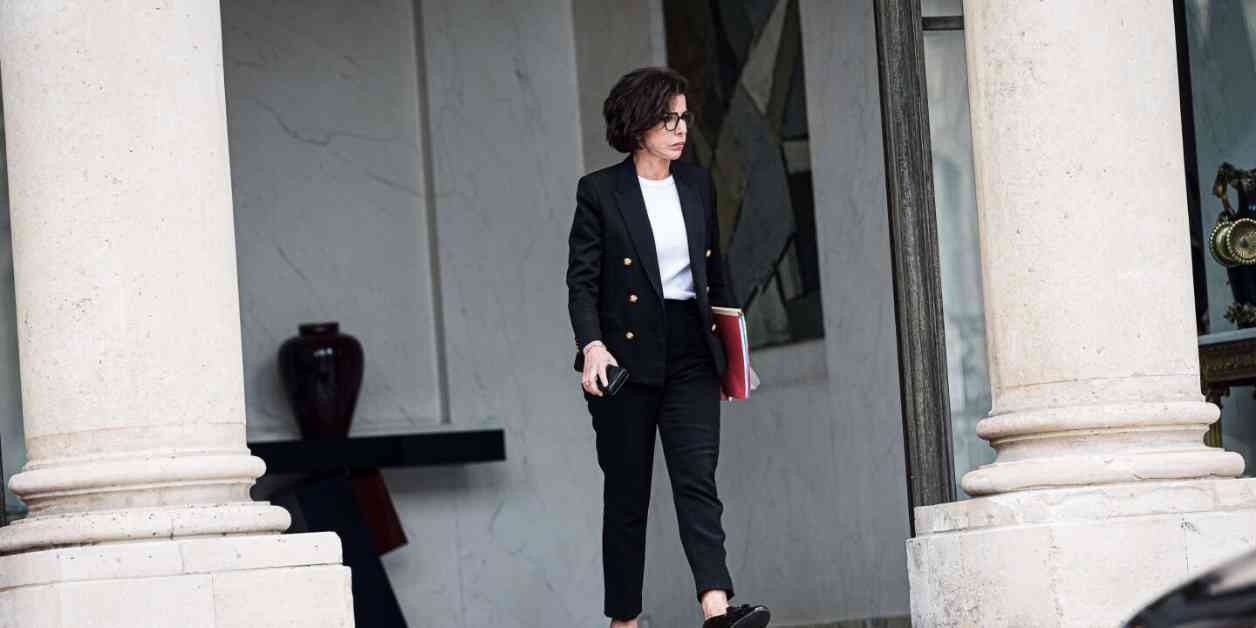Discussions in a special committee at the National Assembly were set to begin on Monday as part of an organic law proposal aimed at ensuring France Télévisions, Radio France, or France Médias Monde have sustainable and independent funding. However, the dissolution of the National Assembly on Sunday, which suspends all texts under discussion, serves as a welcome obstacle for opponents of Rachida Dati’s proposal to reform the governance of public media. Despite the road to creating a holding company and possibly merging France Télévisions, Radio France, the National Audiovisual Institute (INA), and France Médias Monde being temporarily blocked, another imminent threat looms over public broadcasting: by the end of the year, its sustainable and independent funding from the state will no longer be guaranteed.
Indeed, on Monday, work was supposed to start in a special committee at the National Assembly to examine an organic law proposal aimed at ending this peril caused by the elimination of the TV license fee in 2022. Marie-Christine Saragosse, the CEO of France Médias Monde, expressed concerns about this issue dating back to 2018 when it was announced that the housing tax, which the TV license fee was tied to, would be phased out between 2020 and 2023. The emergency funding mechanism using a fraction of the VAT will come to an end by the end of the year, regardless of the circumstances.
In 2023, lawmakers Quentin Bataillon and Jean-Jacques Gaultier submitted a new organic law proposal to establish a budget for public media companies through either a fraction of the VAT or a revenue levy. Both systems have their merits but do not guarantee the amount of resources available. The funding by revenue levy seemed to be the preferred option, but recent opposition from members of the Senate’s finance committee has caused uncertainty. The ideal scenario envisioned by Rachida Dati was for governance and funding reforms to be approved by deputies simultaneously before summer.
The challenges facing public broadcasting in terms of budgetary independence are significant and require urgent attention from policymakers to ensure the continued existence and quality of public media in France. The funding model must be sustainable, transparent, and free from political influence to safeguard the integrity and impartiality of public broadcasting. It is crucial for lawmakers to prioritize the long-term financial stability of public media organizations to maintain their essential role in providing reliable information and diverse perspectives to the public. The future of public broadcasting in France depends on the ability of legislators to address these funding challenges effectively and ensure the independence and quality of public media for generations to come.

